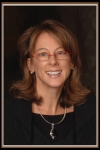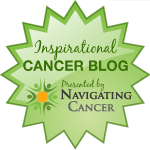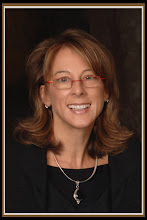The following is a guest post by Marvin Leininger. Marvin is an Awareness Advocate for the Mesothelioma Center. He combines his interests in whole-body health and medical research to educate the mesothelioma community about the newest developments in cancer care.
To help cope with a terminal diagnosis, many cancer patients turn to various avenues for emotional and mental health support. Discussion groups and cancer counseling are two very common support options, but there is another choice that is quickly gaining popularity: coaching services.
Coaching can provide assistance in a number of areas.
Patients who are diagnosed with an aggressive cancer such as mesothelioma may feel confused, anxious or even depressed about their future. While the reality of a terminal prognosis can evoke a range of unpleasant emotions, coaching can help patients deal with them under the guidance of an expert. Coaches can help identify stressful behaviors and offer suggestions on how to change them.
Coaching can also provide emotional support throughout the various stages of a cancer diagnosis. Cancer patients can turn to their coaches for moral support at treatment sessions, and coaches can provide guidance on complementary therapies such as massage, acupuncture and aromatherapy. Often, coaches serve as an objective voice throughout the process.
Certain physical needs can also be met through cancer coaching. Nutritional evaluations can be conducted by some coaches, in addition to other health services and prevention education. Coaches can also help advocate for the patient at their doctor’s office.
The coach-client relationship can be tailored specifically to each patient’s needs, and it can evolve over time to accommodate new developments in the patient’s condition.
Services a cancer coach may provide include:
· Guidance with complementary and alternative therapies
· Company during medical appointments
· Emotional support and empowerment
· Communication support
· Patient advocacy throughout treatment
How Can Coaching Help Me?
Coaching is an inclusive approach to navigating life with cancer. The benefits can range from emotional relief to mental clarity to physical benefits that result from nutritional coaching. Coaching can help cancer patients communicate more effectively with their medical care providers, research the choices they make about their health care, and ultimately feel more empowered and secure in their decisions.
Elyn Jacobs
elynjacobs.wordpress.com
Don’t miss my new Radio Talk Show Survive and Live Well, tips to beat and treat cancer. Tuesdays at 1pm(est) beginning May 22nd on Cancer Support Network http://w4wn.com/
Elyn Jacobs is President of Elyn Jacobs Consulting, Executive Director for the Emerald Heart Cancer Foundation, a certified cancer coach and a breast cancer survivor. Elyn empowers women to choose the path for treatment that best fits their own individual needs, and to be active participants in their health; she is passionate about helping others get past their cancer and into a cancer-free life.
Find Elyn on Linked-in, Twitter @elynjacobs and FB:elynjacobs and Elyn Jacobs Consulting


















